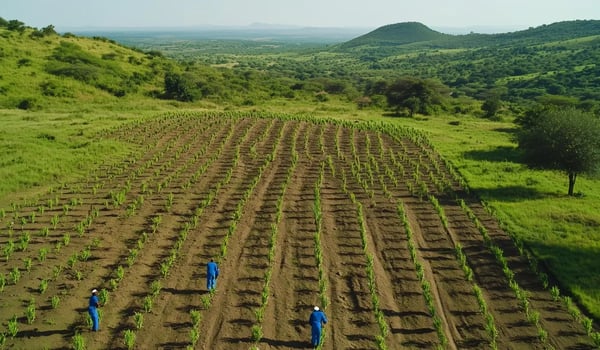Nigeria has moved to formalise its entry into international carbon markets with the publication of...

Nigeria Sets Clear Path for Carbon Markets with New National Framework
2

Mexico to Relaunch ETS with Unlimited Offsets and New Carbon Registry
Mexico is gearing up for a major shift in its environmental policy framework, with plans to...
2

Kenya to Roll Out Article 6-Aligned Carbon Rules by Year-End
Kenya is accelerating efforts to solidify its position in international carbon markets, with three...
1

Insurance Arrives for Carbon Markets as World Bank and Private Sector Align
The World Bank’s Multilateral Investment Guarantee Agency (MIGA) has unveiled a new initiative...
1



